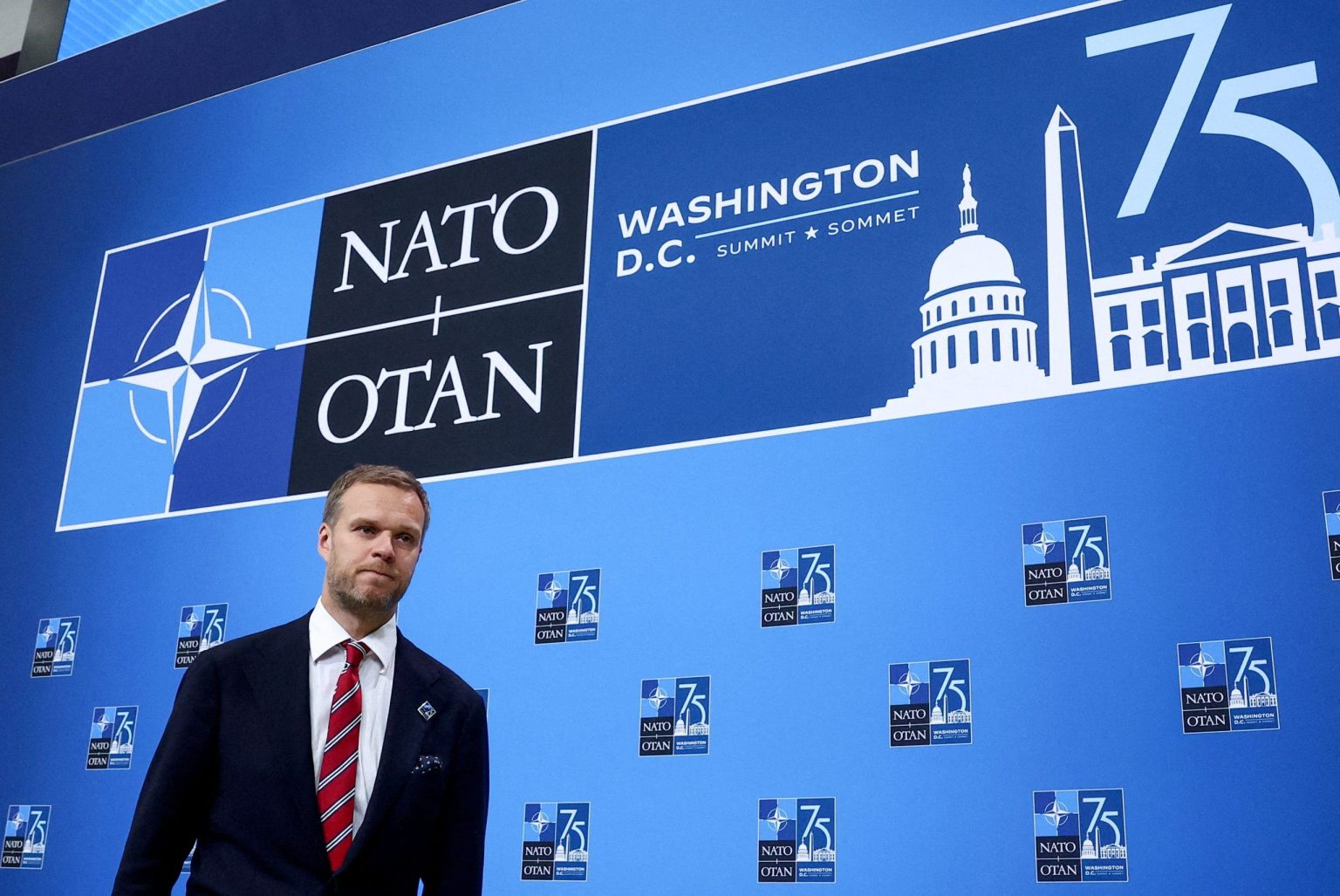Lithuanian Foreign Affairs Minister Gabrielius Landsbergis expressed concerns about Russia’s potential to cause damage to its neighbors despite its perceived decline in power. He emphasized the unpredictability of the situation, noting that the death throes of a great power like Russia could last for decades. Lithuania has been a vocal opponent of Russia’s aggression against Ukraine and has actively embraced NATO’s role in Europe. The country has significantly increased its defense expenditure in recent years, surpassing the 2% requirement and reaching 3.2% in 2023. Landsbergis argued that European countries have demonstrated their ability to stand up to Russia by increasing defense spending and must continue to strengthen their capabilities.
Despite the increase in defense spending among NATO members, Landsbergis questioned whether it would be enough to prevent future aggression against neighboring countries. He stressed the need for Europe to further boost its defense capabilities and argued that every industry in Europe should contribute towards this goal. Landsbergis also acknowledged that while Europe may not lack clear leadership, there is room for improvement within the union’s structure. With 27 members, each with veto power, decision-making can be complex and require significant debate and consensus building. He suggested that reforms may be necessary for Europe to adapt to the current geopolitical landscape.
Landsbergis highlighted the importance of unity and cooperation within Europe to address security challenges posed by countries like Russia. He noted that while the European Union may face obstacles and require reforms, it is essential for countries to work together to strengthen their defense capabilities. Landsbergis also emphasized the need for European countries to continue investing in defense and adapting to the evolving threats in the region. He pointed out that Europe must be prepared to respond to potential future conflicts and prevent aggression from countries like Russia.
The Lithuanian Foreign Affairs Minister emphasized the significance of NATO’s role in ensuring security and stability in Europe, particularly in the face of Russian aggression. He praised the alliance for its efforts to increase defense spending and argued that European countries must continue to bolster their capabilities. Landsbergis called for a collective approach to address security challenges and underscored the need for ongoing cooperation and coordination among NATO members. He also stressed the importance of preparing for potential conflicts and being vigilant in the face of evolving threats.
Landsbergis expressed optimism about Europe’s ability to adapt and respond to security challenges, emphasizing the need for continued dialogue and cooperation among member states. He acknowledged the complexities of decision-making within the European Union but expressed confidence that reforms could address existing challenges. Landsbergis urged European countries to work together to strengthen their defense capabilities and ensure the security of the region. He emphasized the importance of unity and solidarity in confronting threats and preventing aggression from countries like Russia. Overall, Landsbergis highlighted the need for Europe to remain vigilant and proactive in addressing security challenges in the region.


